[最も人気のある!] common cold vs sinus infection 269174-Is a sinus infection worse than a cold
2319 · Sinus infection symptoms are similar to those of a common cold, though there are some subtle differences A sinus infection can cause sinus pain and pressure Your sinuses are airfilled cavities · Difference Between Cold and Sinus Infection Cold vs Sinus Infection Cold or common cold (acute coryza, acute viral rhinopharyngitis, and upper respiratory infection) is a viral infection that is contagious This infection is caused by the coronavirus or the rhinovirus Cold is one of the most common conditions of infection amongst humans · One of the best ways to distinguish between a common cold and a sinus infection is the pain and pressure you feel in your face with an infection Advertisements Pain from a sinus infection can occur in and around your nose, in your upper jaw and teeth, and between your eyes The accumulation of mucus in the sinuses also causes a feeling of heaviness or pressure in your

Pin On Allergy Vs Cold
Is a sinus infection worse than a cold
Is a sinus infection worse than a cold-A high or persistentSymptoms cold vs flu vs sinus infection A 34yearold female asked keep experiencing sensation of water up my nose @ diff times of the day and headaches no recent cold, flu, sinus infection or any illness why?




Do I Have A Cold Sinus Infection Or Allergies
Fever (usually above 101 degrees) · If you are trying to determine whether you are experiencing sinus infection vs cold symptoms, the main difference between a cold and sinus infection is the duration of symptoms Most people recover from the common cold within 5–10 days Meanwhile, acute sinusitis can affect the body for up to 4 weeks, while those with chronic sinusitis may experience symptomsComparing a cold vs sinus infection symptoms, we will realize that a common cold lasts for about a week to a maximum of about two weeks The nasal congestion that occurs in case of a normal cold responds to normal over the counter decongestants/ nasal discharge in case of a sinus infection does not respond to over the counter medication The difference between the symptoms of a cold vs sinus
Another typical pattern found in the sinus infection vs cold battle is a cold that eventually becomes a sinus infection When the illness steadily becomes worse your cold can start to feel never ending, and when a sinus infection comes on late in the cycle of the illness it is prolonged immensely If you're concerned about your cold becoming a sinus infection or you're past the stage of sinus infection vs cold · Ear infection Colds and sinus infections can keep fluid trapped in your ear behind your eardrum When this happens, bacteria or viruses can grow and cause an infectionHowever, cold symptoms generally resolve within 5 to 10 days whereas sinus infections can persist beyond this time Symptoms of a sinus infection are more likely to include facial pain or pressure that may feel like a toothache A sinus infection can
Head Cold Vs Sinus Infection The common symptoms of head cold and sinus infection include, nasal discharge, post nasal drip, chronic cold, nasal congestion, lowgrade fever, a run down feeling, and sore throat, etc But these symptoms are manifested differently in both the diseases Given below are some of the factors that you must observe to determine the disease you areSimilar to the common cold, sinus infections are caused by bacteria and viruses, thus producing similar symptoms Despite the similarity, there are signs that differentiate a sinus infection from a common cold Harsh headaches Severe sinus pressure and pain behind the eyes and cheeks Bad breath and a decreased sense of smell Worse symptoms happening over a longer period of time;Common human coronaviruses, including types 229E, NL63, OC43, and HKU1, usually cause mild to moderate upperrespiratory tract illnesses, like the common cold Most people get infected with one or more of these viruses at some point in their lives This information applies to common human coronaviruses and should not be confused with



How To Communicate Your Symptoms Online Cold Covid 19 Flu Sinus Infection Amwell




Sinus Infection Sinusitis Symptoms Treatment Causes Narayana Health
Cold symptoms vs sinus infection symptoms Colds and sinus infections share many of the same symptoms, including a stuffy and runny nose, sinus pressure, headache and feeling tired But there are a few symptoms to watch for that may mean you're suffering from a sinus infection and not just a cold They are Severe pressure and pain in your upper jaw or cheekbones; · The common cold, flu and sinus infection are all respiratory issues, with different degrees of severity, affecting different parts of the respiratory system For instance, cold and flu have similar symptoms, but they manifest with a different degree of severity Some similar symptoms of the common cold and flu are, for example, sneezing, a runny nose, body aches and fatigue, but in flu's case, these are more severe On the other hand, one of the main symptoms of a sinus infectionIf you experience these symptoms it may be a sinus infection, which means it's time to consult your physician Common treatment often includes
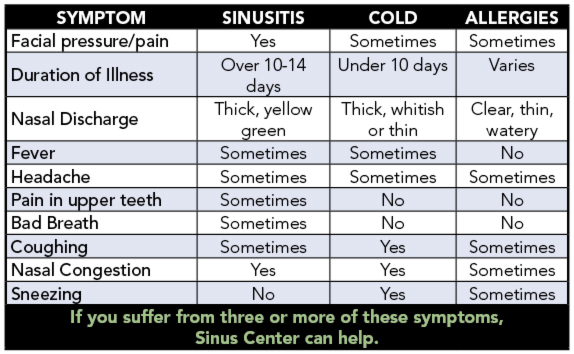



Sinus Infection Sinus Center Idaho




Cold Vs Flu Compensation Programs Inc
· Many cold and sinus infection symptoms often overlap with each other, making it difficult to determine if you're suffering from a common cold or a sinus infection Take the following symptoms for example Cold Symptoms Usually lasts 5 days or less Sore throat Coughing Stuffy nose Sneezing Fatigue Headache Sinus Infection Symptoms Usually lasts 5 · Sinus infections are often accompanied by cloudy or colored drainage from the nose, either dripping from the nostrils or draining into the throat, along with 5 The "cloudy or colored" mucus is called "purulent" by doctors A cold, which does not necessarily trigger sinus infections, usually produces clear mucus 62101 · Most people know that the common cold and a sinus infection (also called sinusitis) have somewhat similar symptoms, but not everyone knows the difference between the two However, developing sinusitis after a cold is hardly rare–about 90% of patients with a cold have at least one element of sinusitis or a sinus infection And since these infections can create further



Www fp Org Afp 16 0715 Afpp97 S1 Pdf
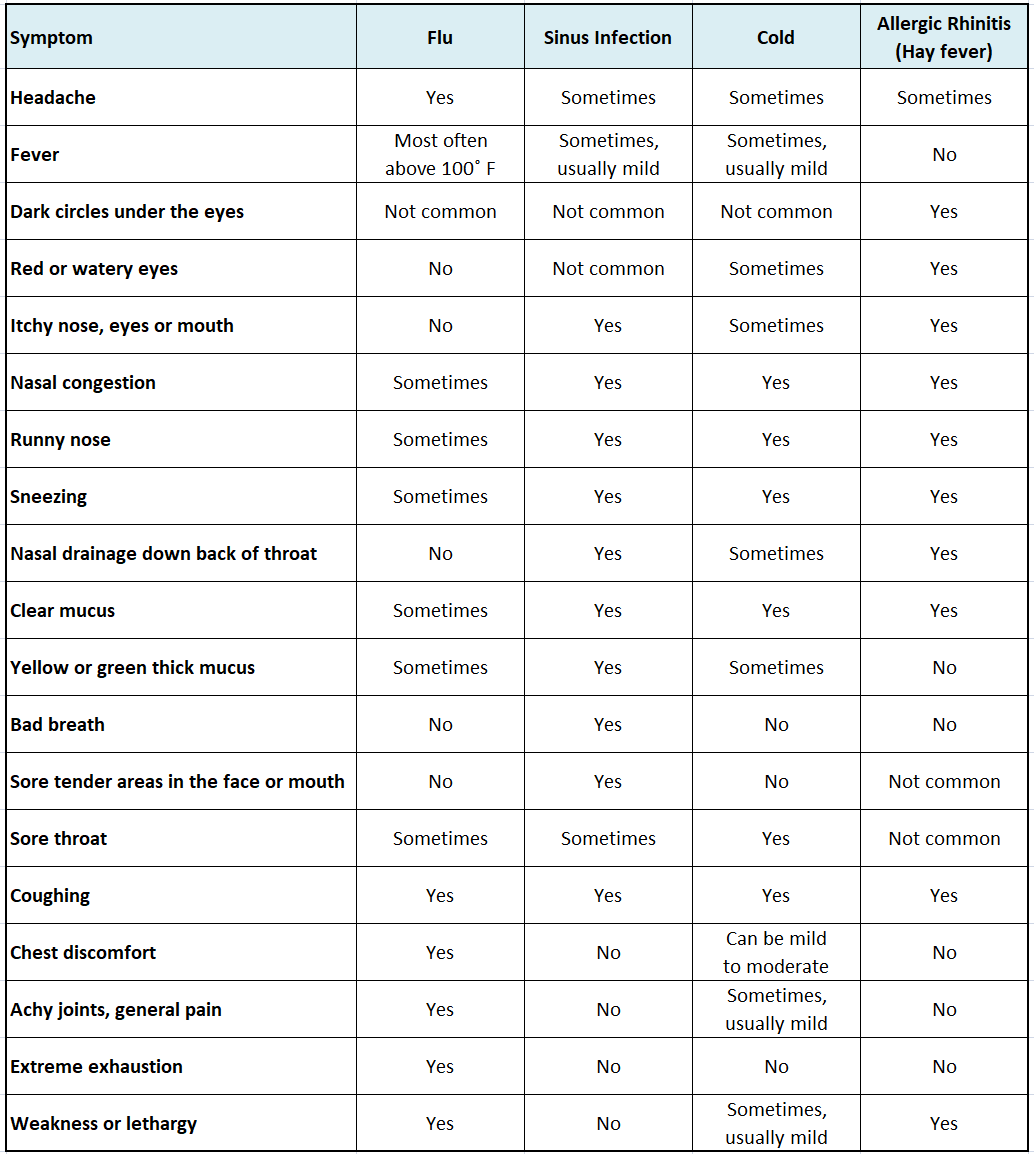



Is It A Cold Or The Flu Many People Don T Know The Difference Liddell Laboratories
Colds are caused by a virus where allergies are caused by exposure to allergens Colds and allergies can both lead to sinusitis which occurs when the sinuses become swollen and blocks mucous from draining, leading to painful pressure and infection People with allergies or asthma are more likely to develop sinusitis because their nasal and sinus tis1106 · The symptoms of a sinus infection and a cold are super similar, but sinus infections tend to last longer and get a little nastier Potential symptoms of a sinus infection include Stuffy nose or · These can be symptoms of the common cold or sinus infection Apart from the symptoms, the two conditions are also similar in terms of causes When aggravated, the common cold can lead to sinus Correct diagnosis is required as sinus infections might need timely medical interventions So let's figure out how to differentiate one from the other based on the symptoms, causes, and




Is It A Cold Or Sinusitis Medanta




Symptoms And Treatments Of A Sinus Infection San Diego Sharp Health News
09 · The common cold rarely escalates (and may be confused with causing relatively minor sinus congestion, drainage and sometimes a related cough Coronavirus, on the other hand, can have a longer window between exposure and symptoms showing, which is currently thought to be anywhere from two to 14 days The CDC reports that the main symptoms of coronavirus are · Common symptoms of colds, sinus infections and allergies Many people have been told that the following symptoms are signs of a bacterial sinus infection as opposed to a cold Facial pain and headache;0304 · "One sign of a possible sinus infection is when you have common cold symptoms, but then develop pain or pressure in your sinuses, or in your teeth, or face This may also be accompanied by a change in nasal discharge to a yellow or green color Also, if your cold is lasting longer than 710 days it could possibly be due to a sinus infection," says Dr Terry Buzzard,
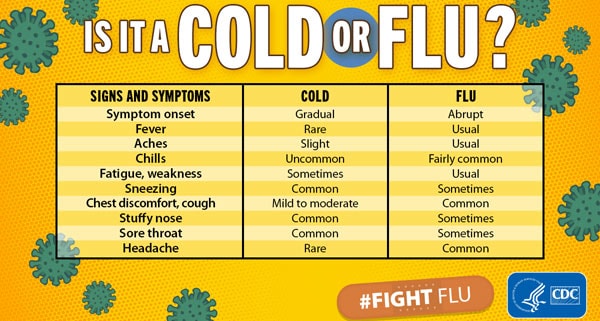



Cold Versus Flu Cdc




The Sinusitis And Headaches Solution Steps To Relieve Sinus Common Cold And Headaches Nutrition And Health Volume 5 Pattison Rossie C Amazon Com Books
· Sinus infections are hard to diagnose because sinus infection symptoms mimic a cold, but there are other signs you might have one0110 · Colds can progress to become sinus infections, but not all sinus infections are viral Bacteria and even allergies also can cause sinus infections "A sinus infectionSinus infection and common cold, although considered as similar conditions, have their own set of differences The following article provides a comparative analysis between sinus infection vs common cold It is likely that most people remain dubious about differentiating between a sinus infection and common cold This is plainly because, they




When Does A Cold Flu Become A Sinus Infection Collin County Ent
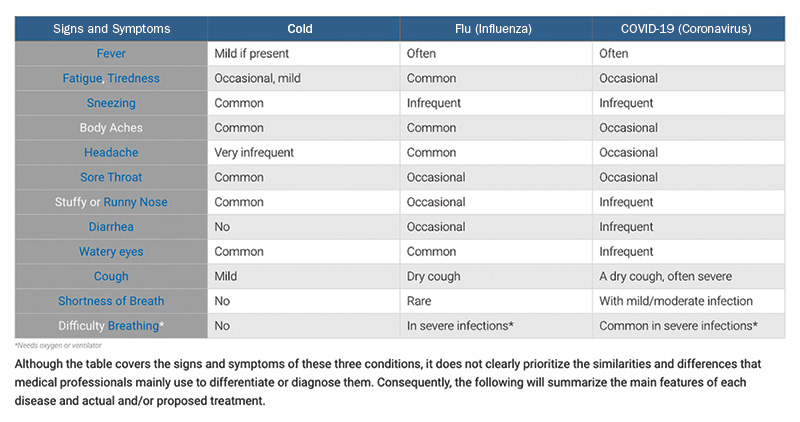



Is It A Sinus Headache Or Covid 19 The Labor Tribune
0318 · Other distinct symptoms include a green or yellow mucus discharge, while with a cold or flu the mucus is clear A bacterial sinus infection can last up to two weeks whereas a cold subsides in about 34 days There are a number of OTC medications to treat a sinus infections, but your physician can prescribe an antibiotic to destroy the bacteria If not treated, sinusitis can lead to permanent damage to the sinuses · Because the common cold is selflimiting and so many viral types can cause colds, doctors seldom use any tests to diagnose the disease However, doctors may differentiate between the common cold and sinus infections by the patient history (duration of symptoms less than 1014 days is unlikely a sinus infection) Sinus Xrays and/or CT of the sinuses may be useful to help diagnose sinus · A sinus infection, or sinusitis, is the inflammation or swelling of the sinuses Sinus infections are caused by either a bacteria or virus A sinus infection usually lasts a few weeks It develop from a worsened common cold, allergies, and rhinitis (inflammation of the mucous membrane inside the nose) Sinus Infection Symptoms In addition to




Is It Sinus Or Common Cold Here S How To Know What You Are Suffering From Thehealthsite Com




A Cold Vs Sinus Infection Shajara
1702 · The flu is an infection with some strain of the influenza virus It can cause a sore throat, congestion, headaches, chills, body aches, extreme fatigue and a cough In children, it may also cause nausea and vomiting, but these symptoms are unlikely in adults A sinus infection is an inflammation in the sinus cavities It can cause a stuffy or runny nose, thick green or yellow · Colds Sinus infections • The common cold is a virus • Sinuses are airfilled spaces in your skull • There are more than 0 types • When your sinuses are inflamed, bacteria breeds • The rhinovirus causes 50% of colds • This can lead to bacterial sinusitis • Your body's immune response triggers your symptoms • A cold or allergy can cause a sinus infection Preventive2703 · I Thought I Had a Sinus Infection, Turns Out It Was COVID19 Read full article Coronavirus Chronicles March 26, , 338 PM · 5 min read Coronavirus Chronicles is a new series from The




Cold Covid 19 Or Flu Difference In Symptoms Healthing Ca




Symptoms That Indicate A Sinus Infection Not A Cold Top 10 Home Remedies
Common Questions and Answers about Allergies vs cold vs sinus infection allergies Hmmmin my opinion, this is a sinus issue, secondary to what is the question Being that this has been going on for 4 months I would find it difficult to believe or say this is any "cold" or any other viral or bacterial infection unless you are experiencing reinfections No physician's visit yet? · Colds and COVID19 have some similarities Both develop as a result of a respiratory virus, spreading from person to person through droplets that come from theThe Difference Between a Cold and a Sinus Infection A cold is also called rhinitis It's an infection that results from a virus reaching your respiratory system This includes your nose, mouth, throat, and lungs With at least 0 viruses capable of causing a cold, it's the most common viral infectious disease among humans When you have a cold, the virus can infect your sinuses—the




Pin On Ageless Investing Blog




Sinus Infection Vs Cold How To Tell The Difference Advanced Ent Allergy Center
Sinusitis is swelling of the sinuses, usually caused by an infection It's common and usually clears up on its own within 2 to 3 weeks But medicines can help if it's taking a long time to go away Check if you have sinusitis Sinusitis is common after a cold or flu Symptoms of sinusitis include pain, swelling and tenderness around your cheeks, eyes or forehead; · Fortunately, we got everything that you need to have a good insight into the "sinus infection vs cold" debate Avoid Infected People When you see a sick person, try to avoid getting too close to them If you can't avoid the situation and they get near you, then it is best to go to the bathroom and wash your hands and face You should not be surprised if you wake up the0503 · COVID19 and the common cold share many of the same respiratory symptoms According to the CDC , cold symptoms usually peak within two to three days and often include the following Sneezing
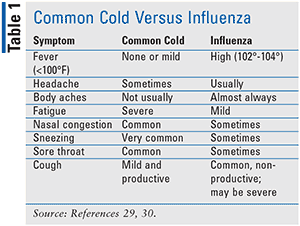



The Common Cold A Review Of Otc Options




Do I Have A Cold Sinus Infection Or Allergies
· The main difference between a cold and a sinus infection is the duration of symptoms Most people recover from a cold in 5 to 10 days Sinusitis can remain in the body for 4 weeks or for over 3Dr Mohammad Ashori answered 16 years experience Family Medicine Sinus spasms It could be that your sinus passages are spasming which can happen from weatherHigh fever or persistent drainage;



1




Is It A Cold The Flu Or A Sinus Infection Health Com
1809 · Common colds usually produce clear mucus, while a sinus infection may yield green or yellow mucus Common colds and sinus infections may not seem serious, but if left untreated, they can both progress and lead to longterm health complicationsVery few colds—only 510%—will turn into sinus infections Common signs your cold is a sinus infection include Continued nasal congestion after 10 days; · The virus that causes the common cold can effectively boot the Covid virus out of the body's cells, say researchers Some viruses are known to compete in order to be the one that causes an infection



Www Dhhs Nh Gov Dphs Cdcs Documents Commoncold Pdf
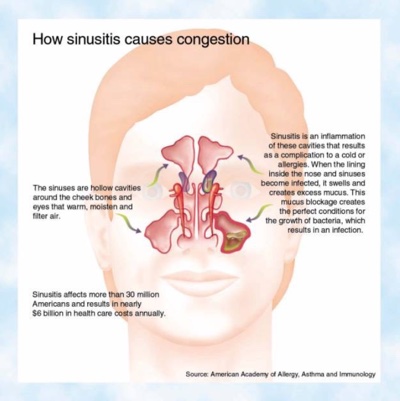



Sinus Infections Advanced Cardiology And Primary Care Llc
Significant headaches, teeth or facial pain; · It is a very common infection in children Viral sinusitis usually accompanies a cold Allergic sinusitis may accompany allergies such as hay fever Bacterial sinusitis is a secondary infection caused by the trapping of bacteria in the sinuses during the course of a cold or allergyDiscolored mucus or sinus drainage;
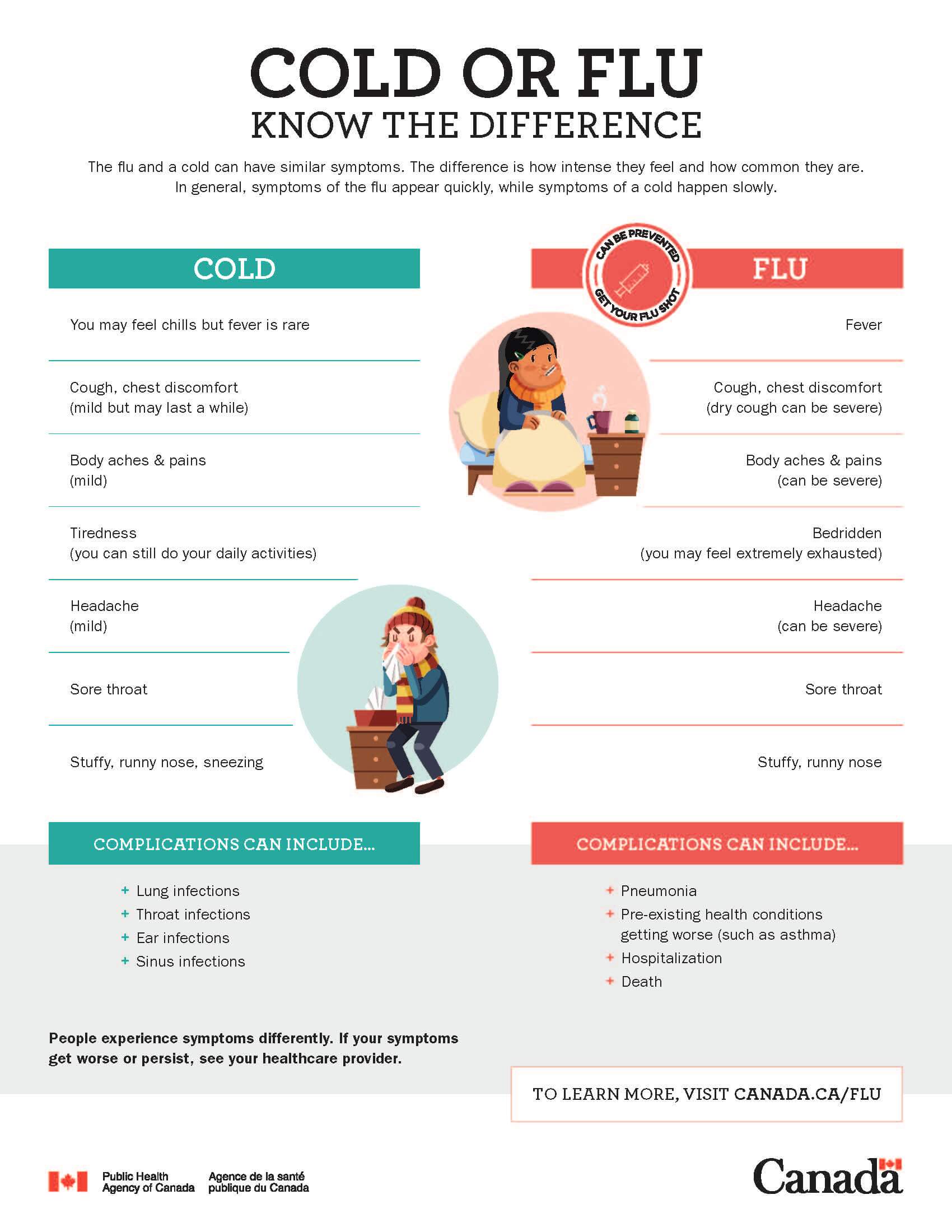



Cold And Flu Health Services




Pin On Health And Home Remedies
· A sinus infection may follow a cold Symptoms of a sinus infection and a cold tend to overlap;Viruses, bacteria, or even allergies can lead to sinus infections Colds don't usually cause sinus infections, says Davtyan, but they do offer a breeding ground for them · Many sinus infection symptoms are common to both acute and chronic forms Seeing your doctor is the best way to learn if you have an infection, to find




Cold Vs Flu




Sinusitis Waterbury Naugatuck Valley Ent Associates Waterbury Middlebury Southbury Cheshire
· The common cold More than 0 viruses can cause a common cold The most common culprits — responsible for up to 40% of colds — come from a family of viruses called rhinoviruses Cold symptoms typically include a sore throat, nose and sinus congestion, thick and sometimes discolored discharge, a runny nose, and sneezing You may also · Because sinus infections, colds, and allergies share some similar symptoms, including congestion, medications like nasal sprays, oral antihistamines, and eye drops can help minimize your discomfort
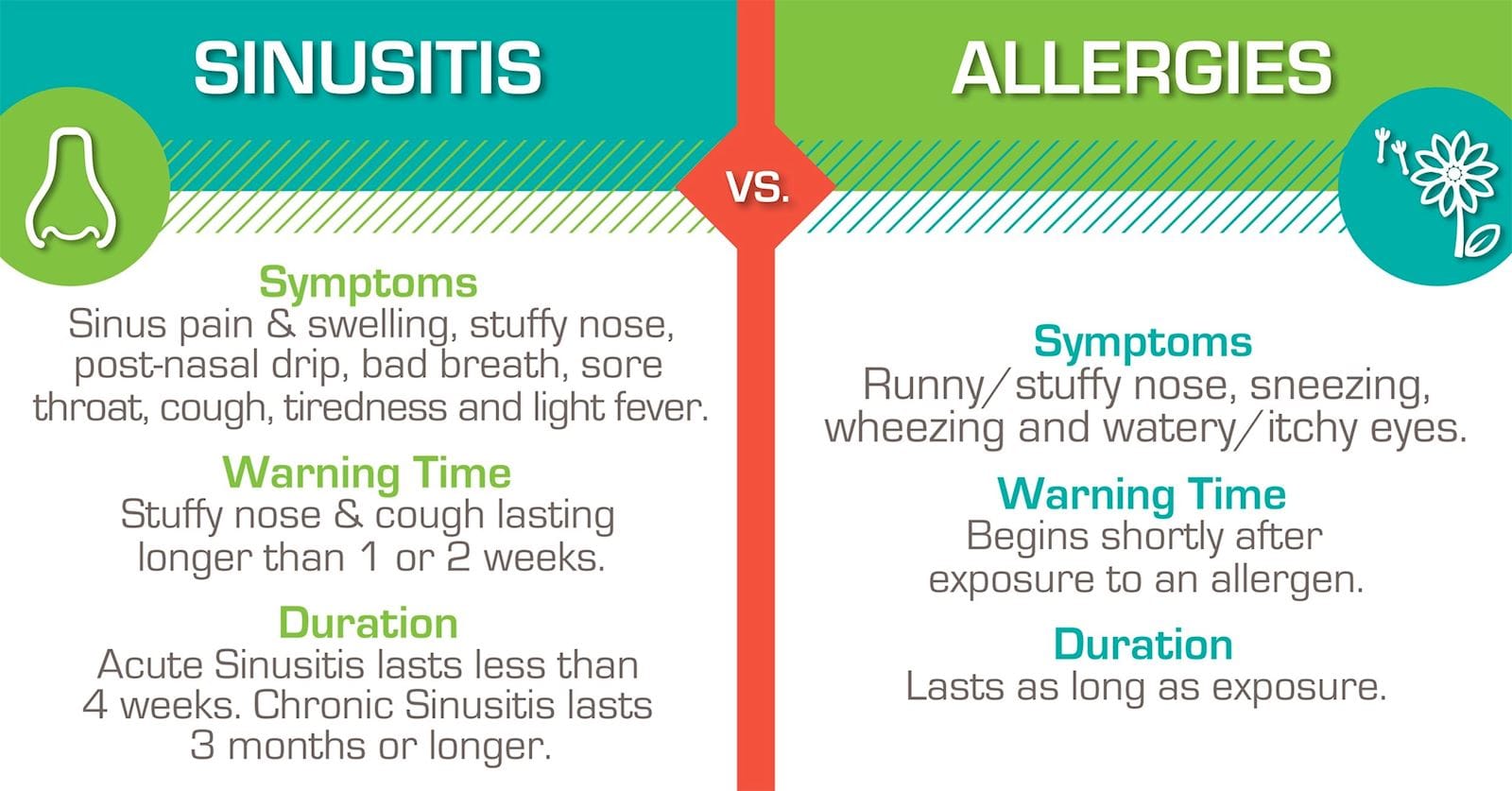



Is It Sinusitis Or Allergic Rhinitis The Iowa Clinic
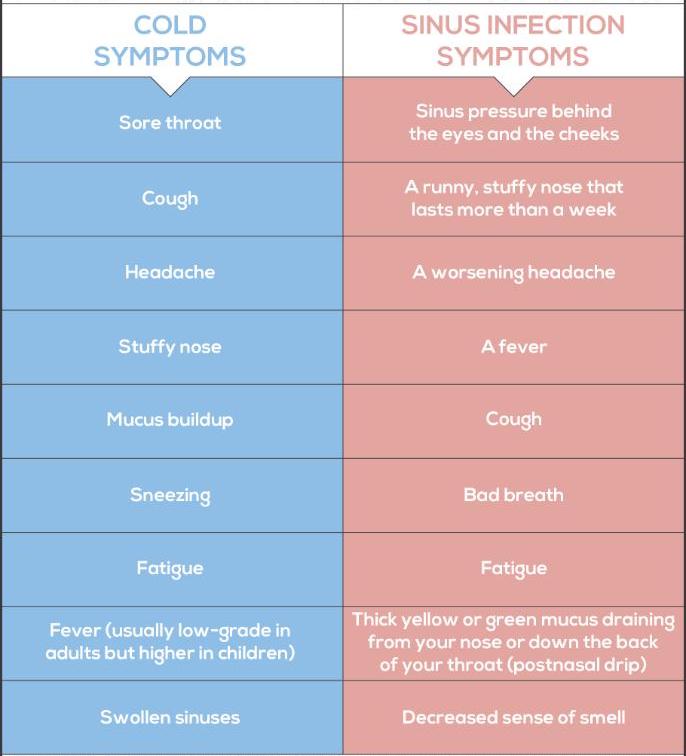



Is It A Cold Or Sinus Infection Retiree News



How To Ease Common Cold Symptoms Any
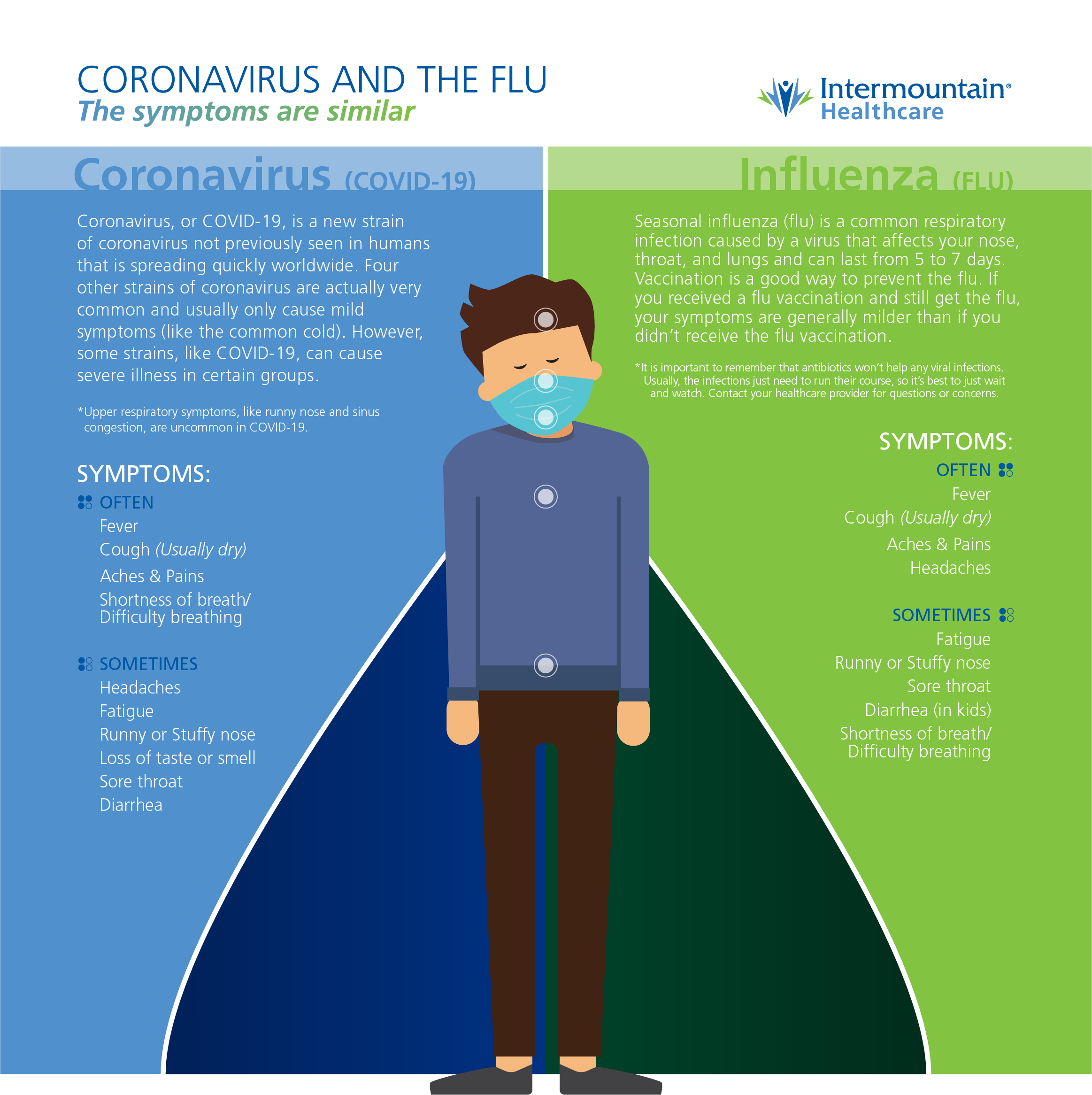



What S The Difference Between A Cold The Flu Seasonal Allergies And Coronavirus




Chocolate For Cold And Flu Symptoms What You Need To Know Medical City Healthcare




A Cold The Flu Or Covid 19 What S The Difference Ohio State Medical Center




Covid 19 New Coronavirus Asthma And Allergies fa Org
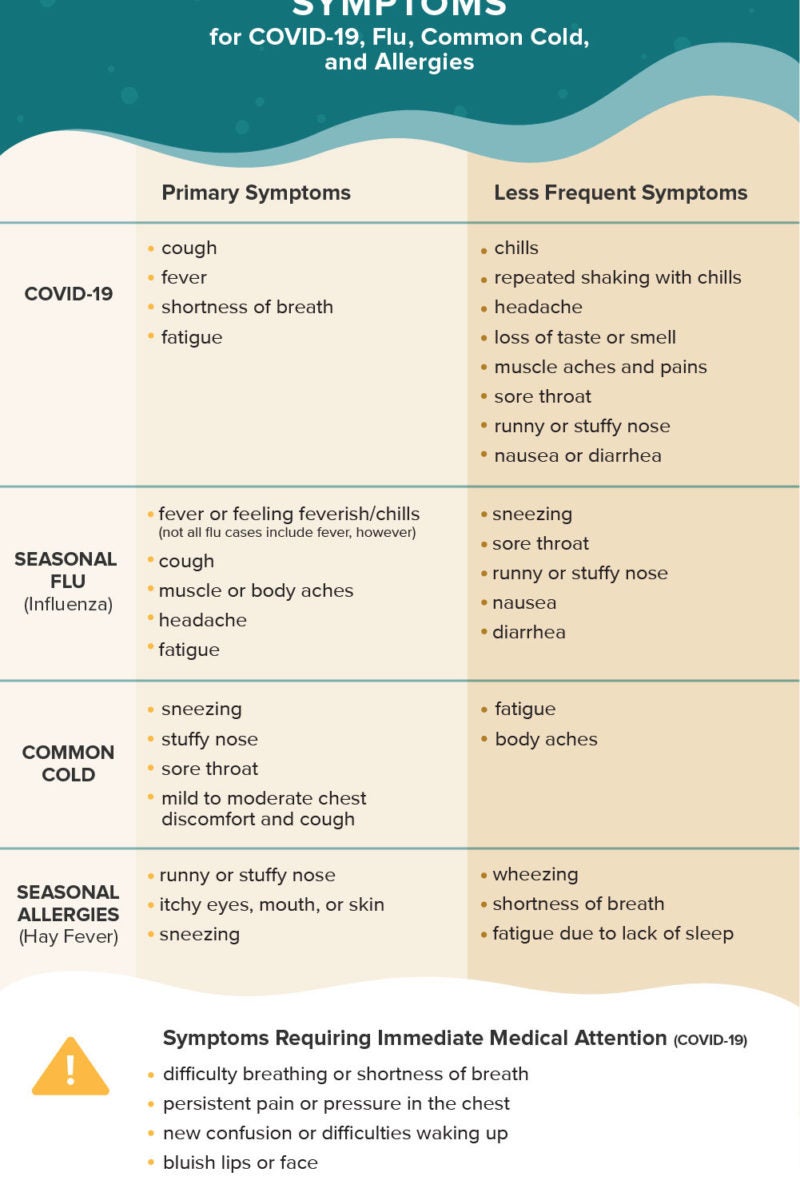



Different Symptoms For Coronavirus Flu And Allergies




Cold Vs Allergies Which Is It Get Healthy Stay Healthy




Influenza Hay Fever And Sinusitis Know The Differences Semantic Scholar




Pin On Allergy Vs Cold




The Difference Between Coronavirus The Flu And A Cold Stuff Co Nz




Pin On Cold And Flu Season What You Should Know




Things Can Get Tricky Mount St John S Medical Centre Facebook




Amazon Com Hyland S Cold And Cough 4 Kids Cough Syrup Medicine For Kids Decongestant Sore Throat Relief Natural Treatment For Common Cold Symptoms 4 Fl Oz Cold And Flu Homeopathic Remedies Beauty




Cold Vs Flu




Common Cold Symptoms And Causes




The Common Cold Or A Sinus Infection Health Plus
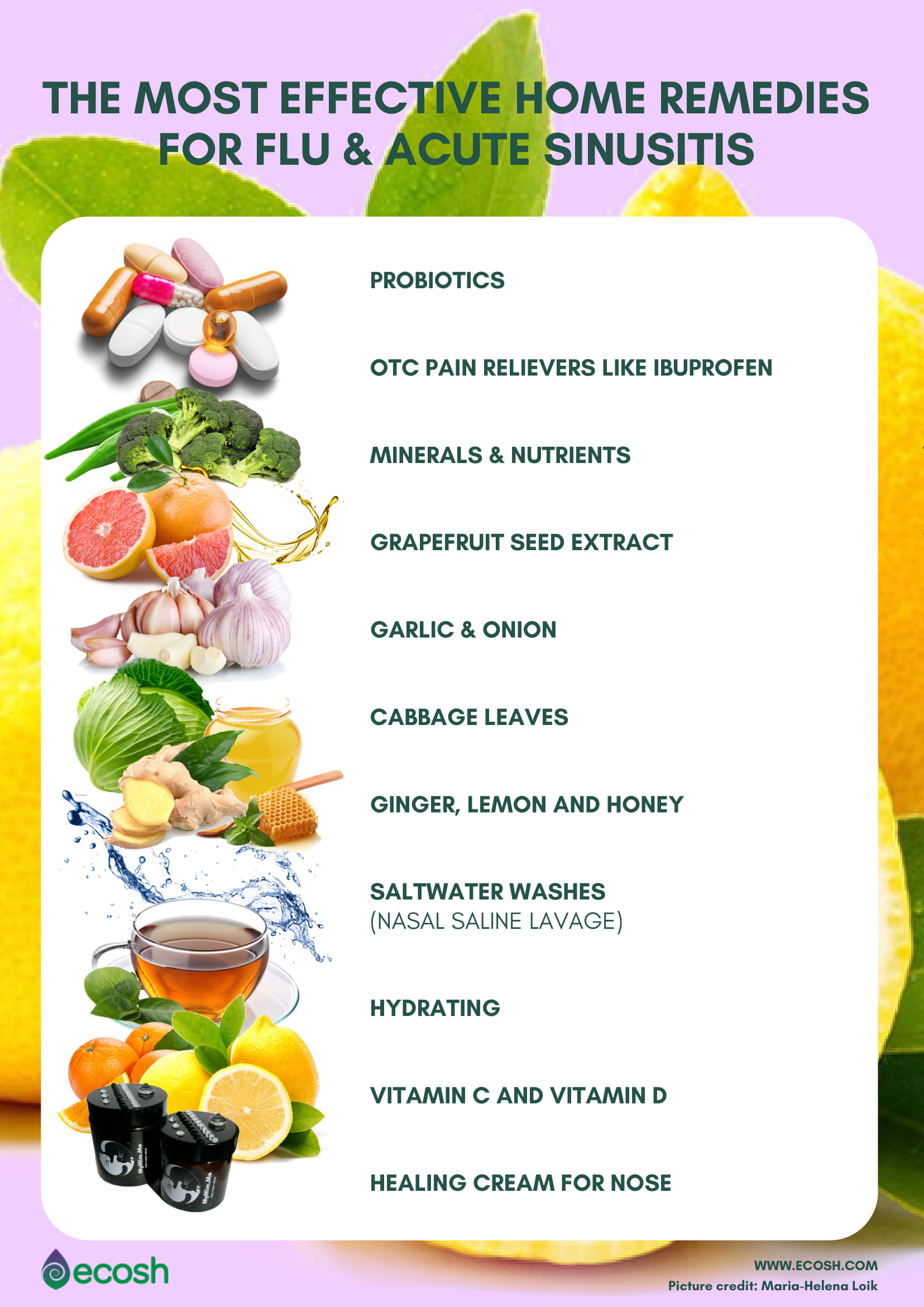



Cold Flu And Acute Sinusitis Causes Symptoms And The 12 Most Effective Home Remedies Ecosh Life




The Common Cold Or A Sinus Infection Health Plus




The Common Cold Or A Sinus Infection Health Plus



Http Www Redhillpharmacy Com Au Wp Content Uploads 13 06 Coughs Oct11 V2 Pdf




What S The Difference Between A Cold Bronchitis And Pneumonia Keck Medicine Of Usc




Will This Cold Go Away On Its Own
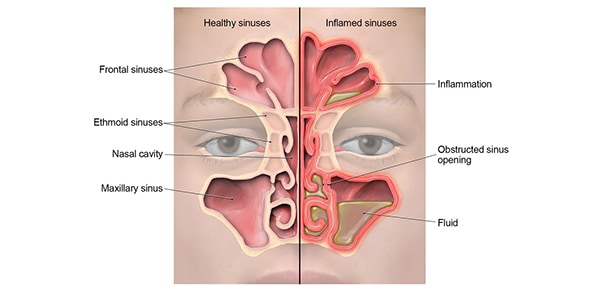



Sinus Infection Sinusitis Antibiotic Use Cdc




When Does A Cold Flu Become A Sinus Infection Collin County Ent



Www Ajol Info Index Php Safp Article View 369




Is It A Cold Or Sinusitis Learn To Spot The Symptoms Of A Sinus Infection




Do I Need An Antibiotic Bacterial Vs Viral Infections Healthy Me Pa Working To Improve The Health Of All Pennsylvanians




Common Cold Antibiotic Use Cdc
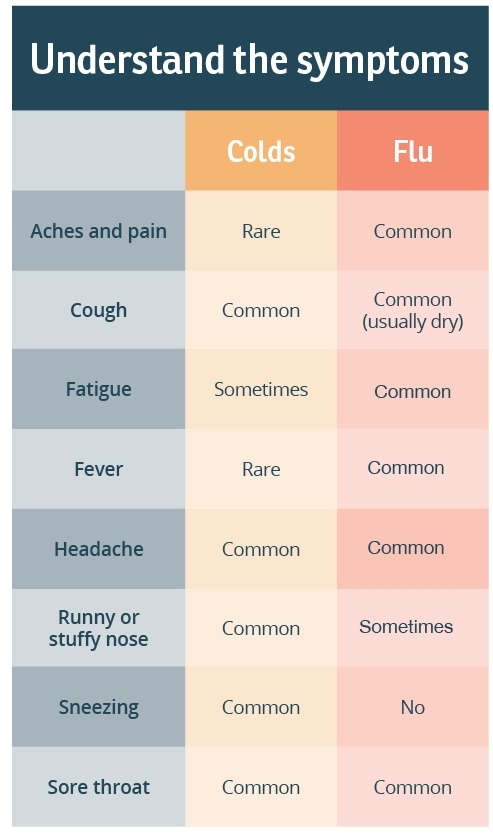



Colds Healthdirect
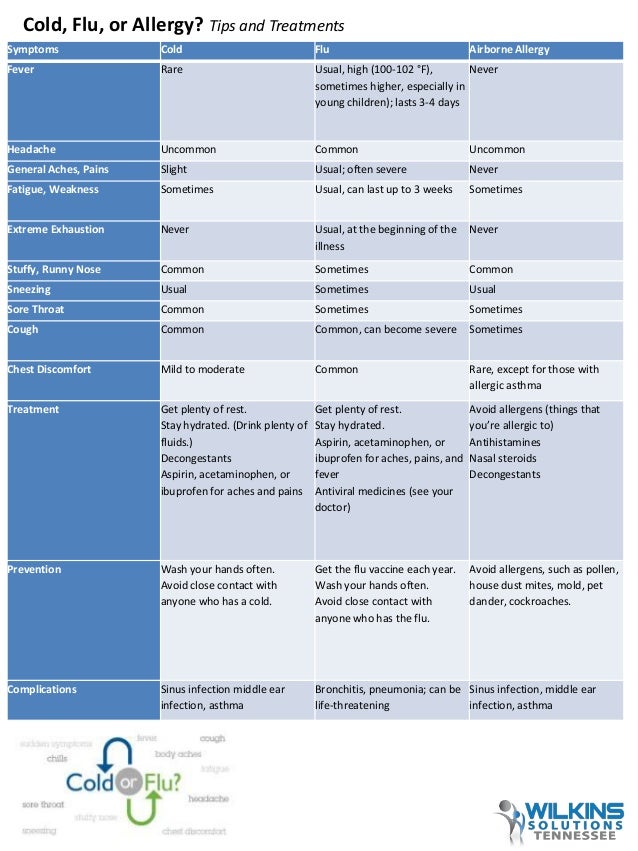



Cold Flu Or Allergy




Mexico Ibuprofen Sinus Infection Common Cold Brand Runny Nose Runny Nose Brand Png Pngegg




Is It A Sinus Infection Or Covid 19 How To Tell
/sinusitis-causes1-5ae0c653875db90037df21b6.png)



Sinus Infection Causes And Risk Factors




Mucus Changing Color Discover What Your Mucus Is Telling You




Is It A Cold Sinus Infection Or Allergies Network Health Connections



1




Difference Between A Cold Sinus Infection Houston Advanced Nose Sinus




How To Tell If Your Cold Is Actually A Sinus Infection Health Essentials From Cleveland Clinic
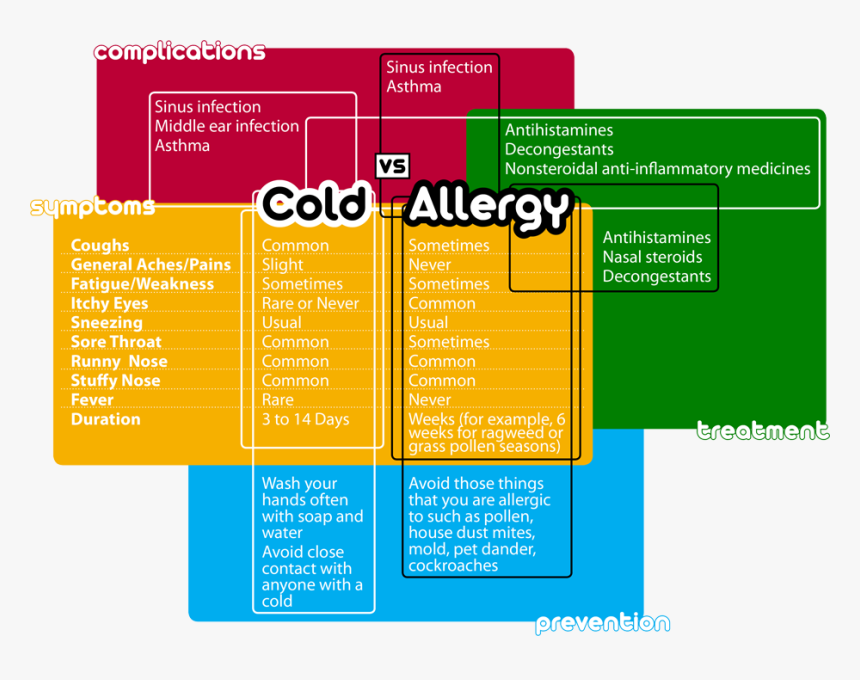



Allergy Cold Png Download Sinus Infection Vs Cold Vs Allergies Transparent Png Kindpng
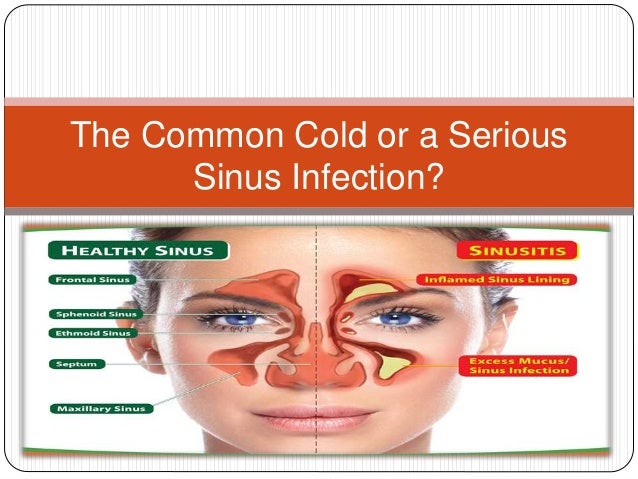



The Common Cold Or A Serious Sinus Infection



Sinus Infection Treatment Urgent Care Doral Health Wellness




Sinus Infection Vs Cold Symptoms Treatment And More



Allergies Flu Cold Or Covid 19 Kingwood Emergency Hospital




Coronavirus Vs Flu Or The Common Cold Know The Difference Adventhealth




Common Cold Vs Covid 19 Symptoms How To Tell The Difference




Common Cold Influenza Flu Season Sinus Infection Transmission Common Cold Text Carnivoran Dog Like Mammal Png Pngwing




Sinus Infection The Flu And The Common Cold Know The Difference Raleigh Capitol Ear Nose Throat
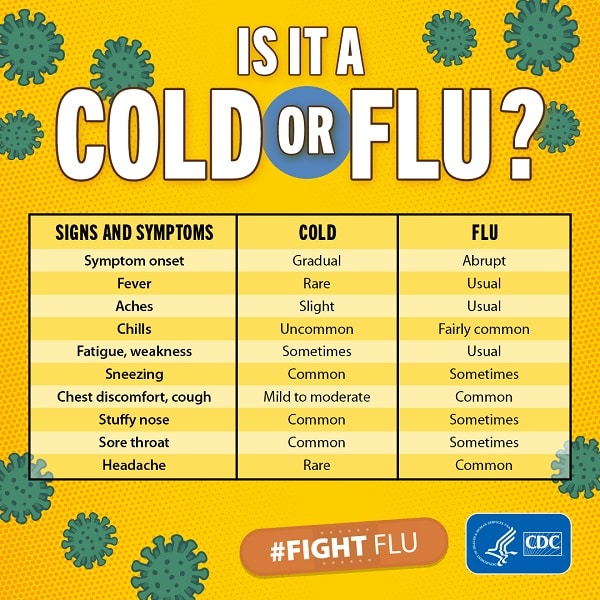



Cold Versus Flu Cdc



Sinus Infection Vs Cold Difference In Symptoms And Severity




Common Cold Vs Sinus Infection How To Tell The Difference
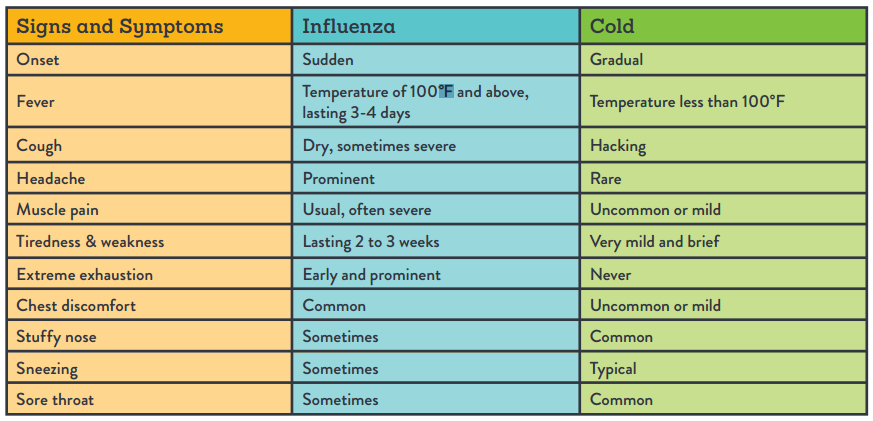



Cold Vs Flu Symptoms 6 Ways To Spot The Difference Healthpartners Blog
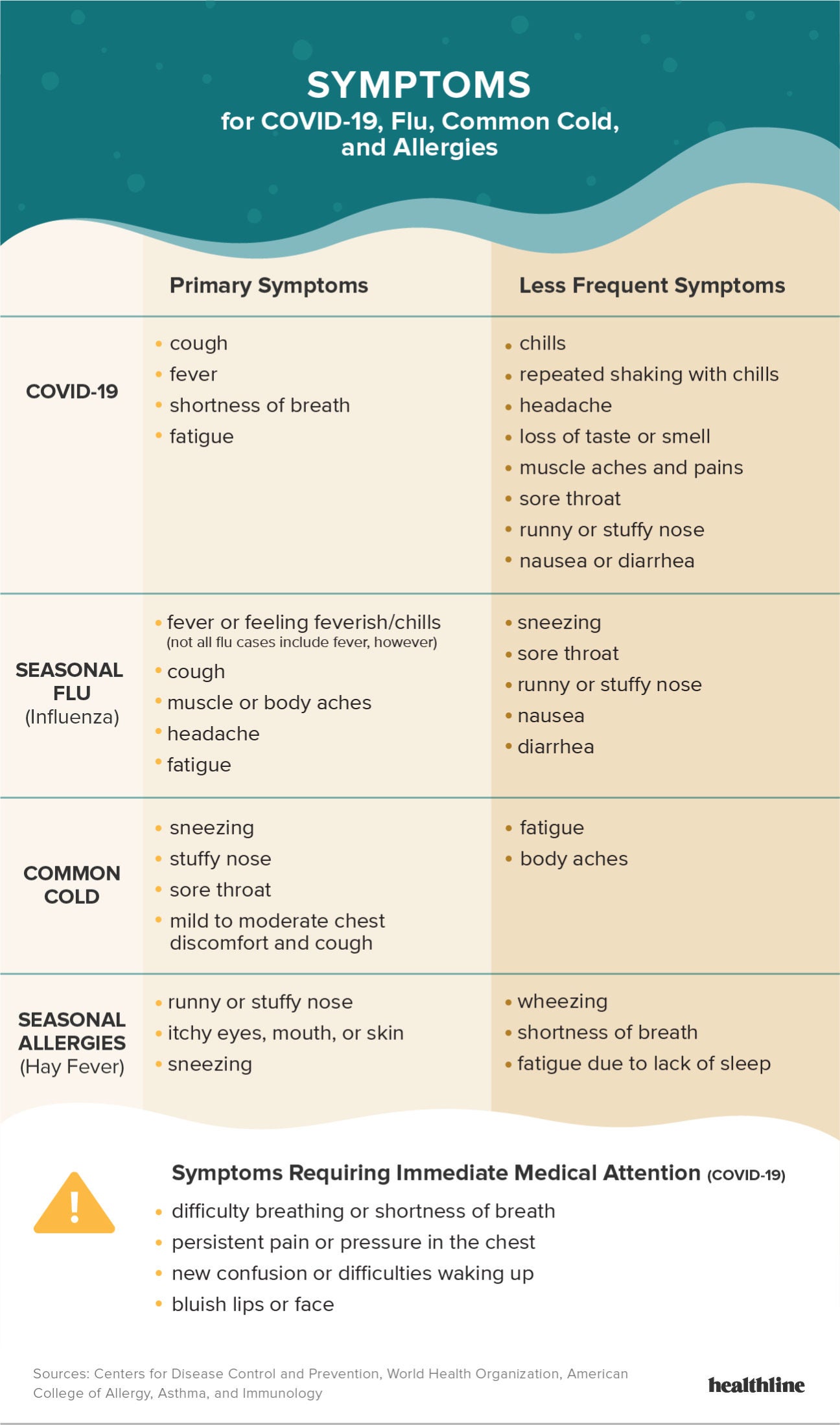



Different Symptoms For Coronavirus Flu And Allergies
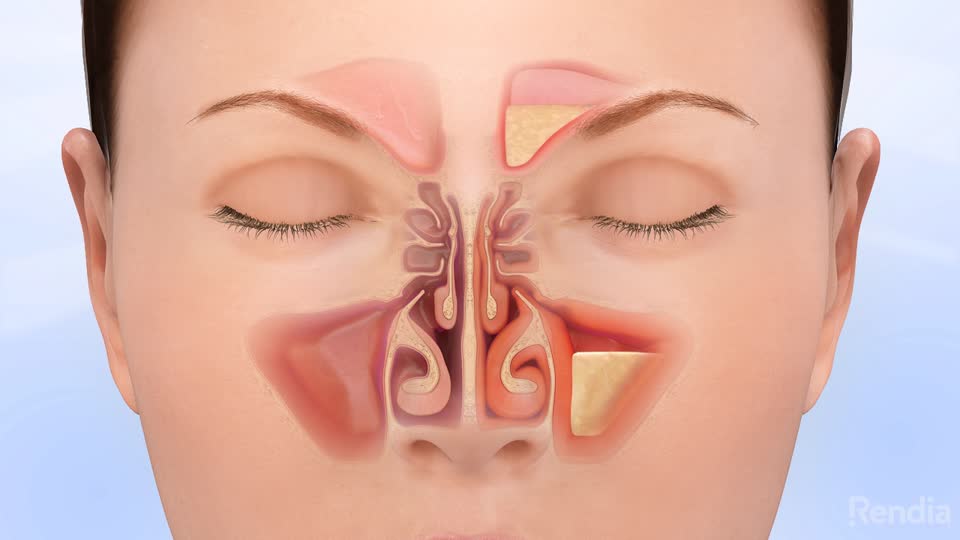



Sinus Infection Or Common Cold Dallas Ent




A Cold Or The Flu How To Tell The Difference



1
/what-does-it-mean-when-i-have-green-or-yellow-mucus-4019063-Final-3bcd77655e304b408471a117a10577ea.gif)



What Does It Mean When I Have Green Or Yellow Mucus




How To Tell The Difference Between Sinusitis And A Cold




Do I Have Allergies Or A Cold




Cold Vs Flu Vs Sinus Infection Which Is It Legacy Er




Pin On Common Medical Conditions




Allergies Vs Colds Claritin




Difference Between Allergy Cold Flu Sinus Infection Natureword




Cold Flu Allergies Or Covid 19 How To Tell The Difference Osf Healthcare




Cold Vs Flu Symptom Checker Expert Advice Cedars Sinai
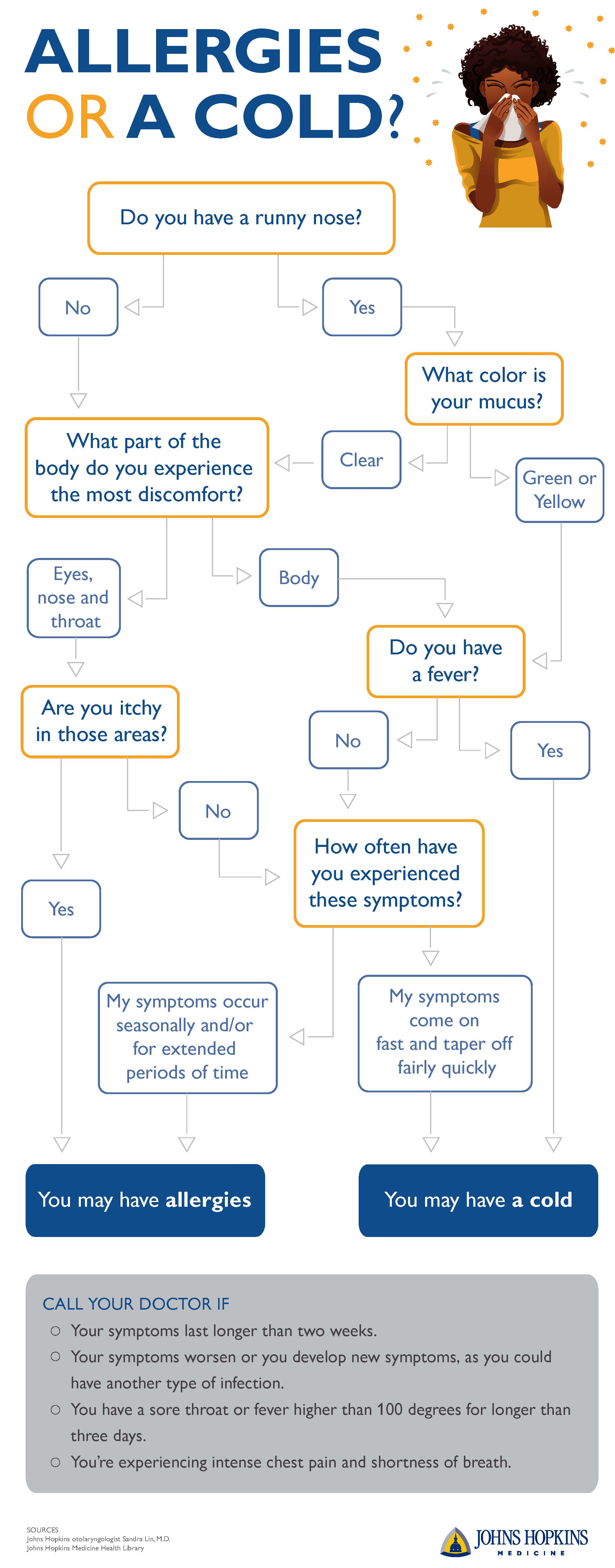



Allergies Or A Cold Johns Hopkins Medicine




Do I Have A Cold The Flu Or Could It Be Covid 19 The Donalsonville News
/sinusitis-symptoms-5ae0c1c118ba010037db3f29.png)



Signs Symptoms And Complications Of Sinus Infections




The Common Cold Or A Sinus Infection Health Plus
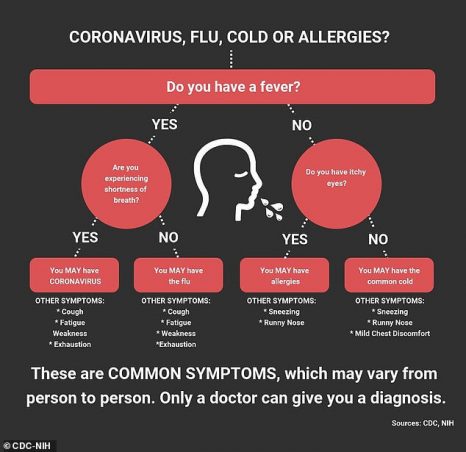



How You Can Tell The Difference Between Allergies Cold Flu And Covid 19 Hartford Healthcare Ct



Q Tbn And9gcq6ey5jnpg3abnulm2 Sj2lxvbbv3otm86tiyccel0 Usqp Cau



Difference Between Bronchitis And Cold Difference Between



Know The Difference Between Sinus And Cold




The Common Cold Or A Sinus Infection Health Plus
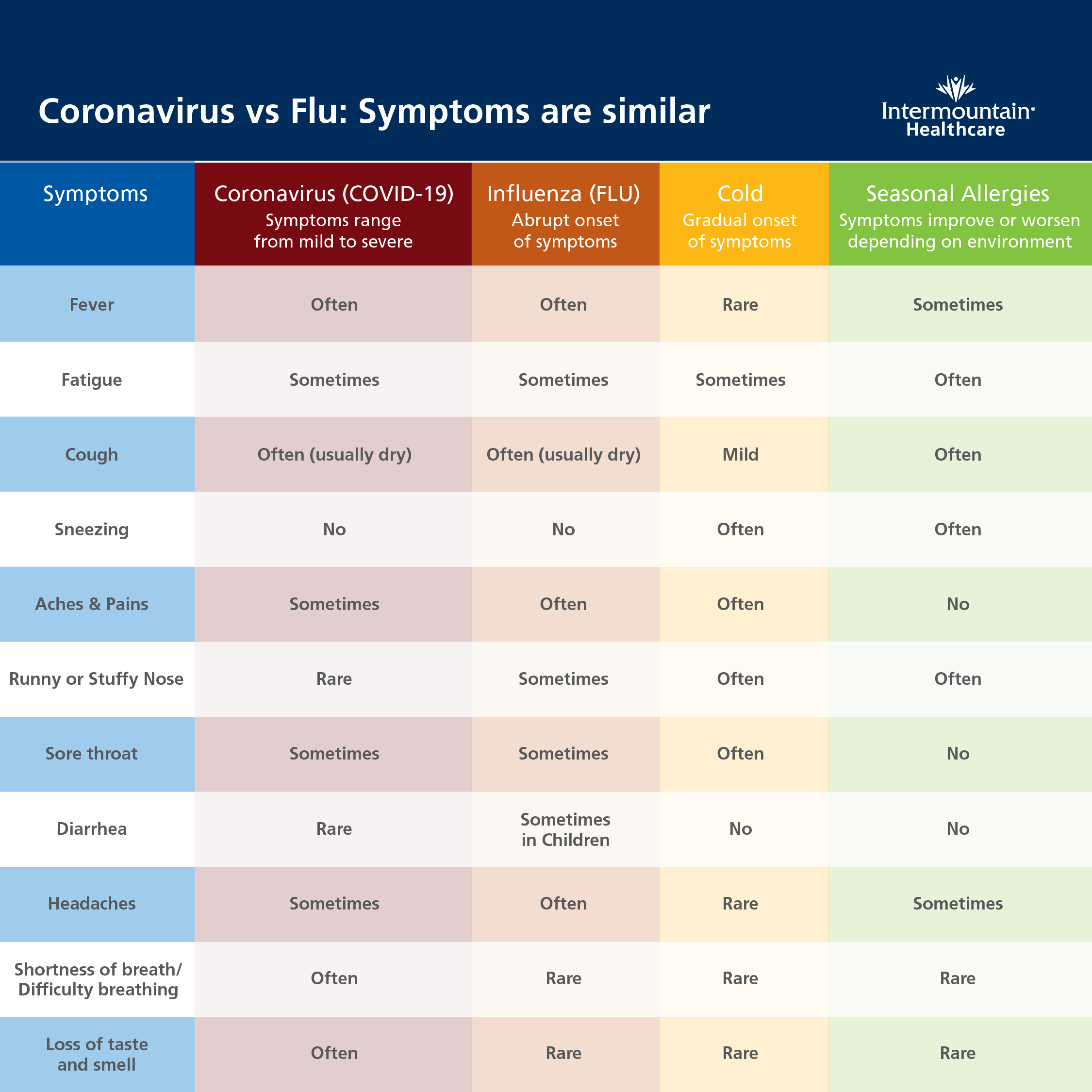



What S The Difference Between A Cold The Flu Seasonal Allergies And Coronavirus


コメント
コメントを投稿